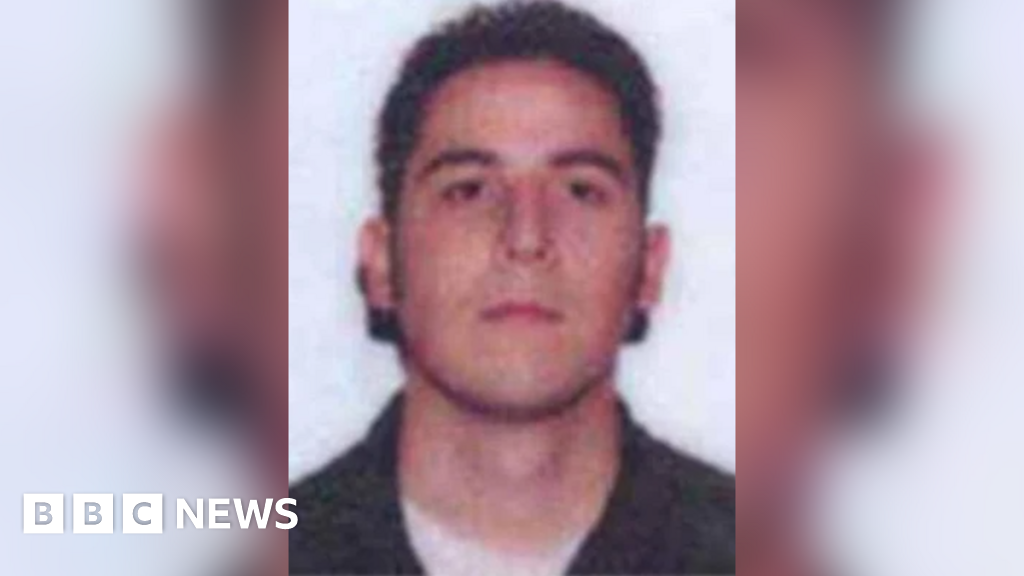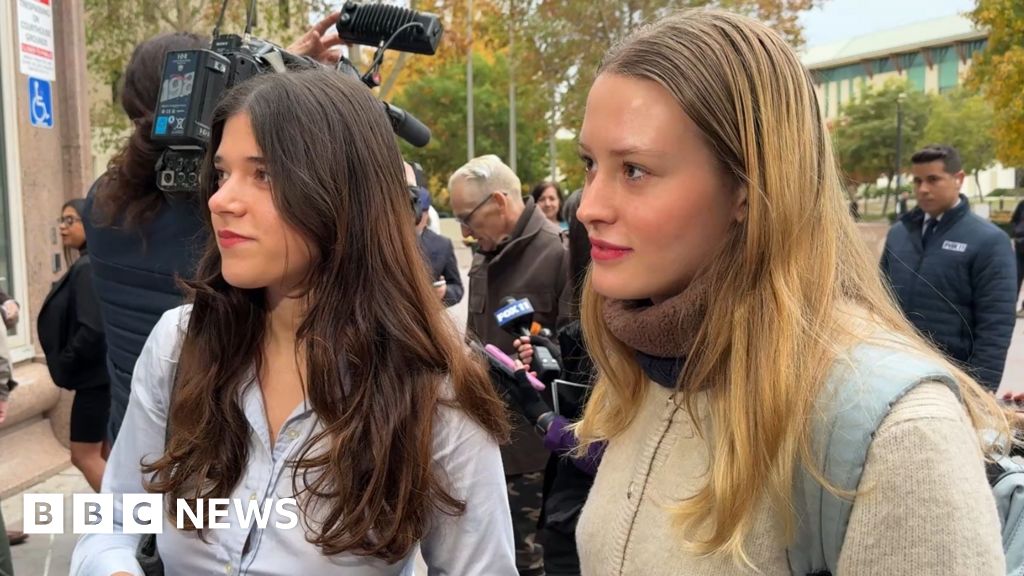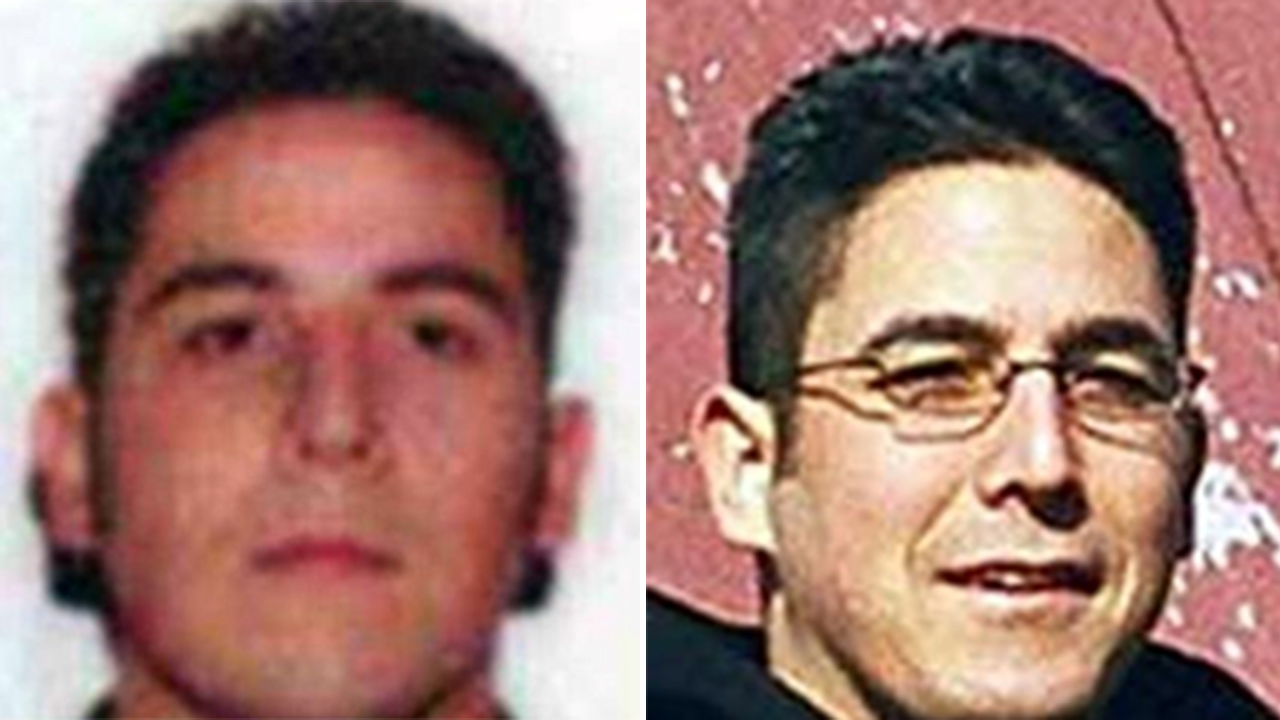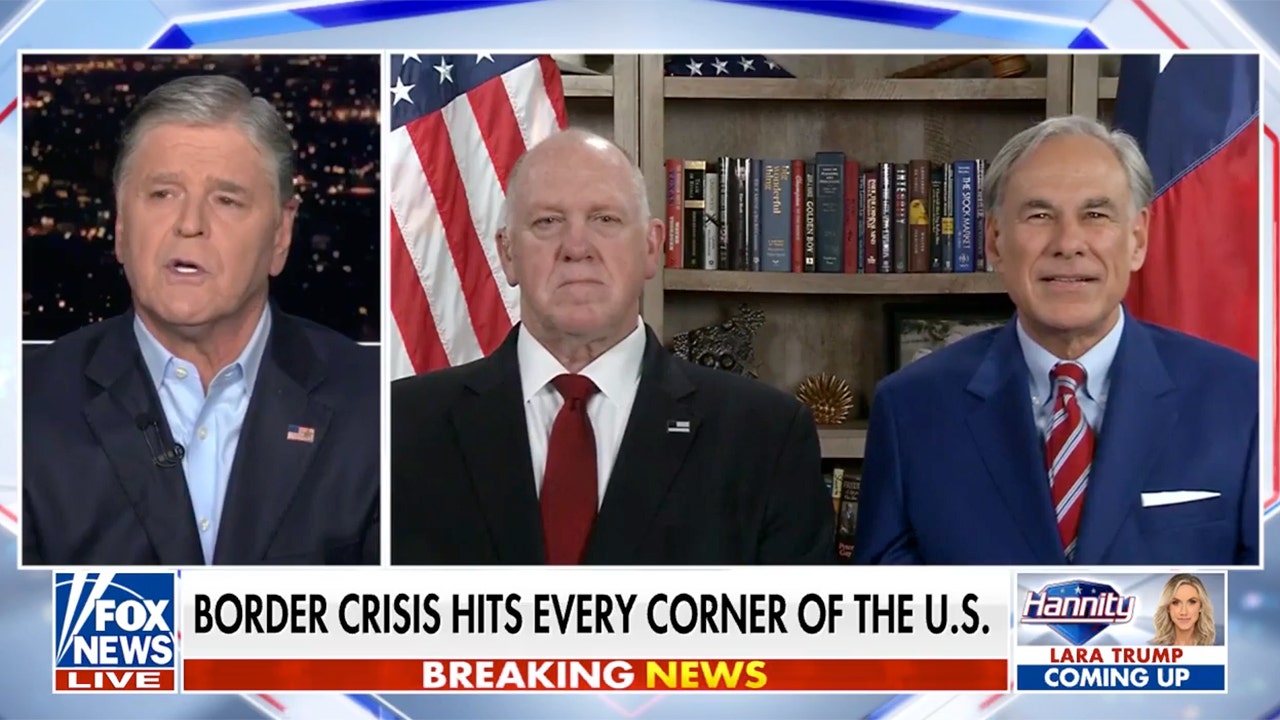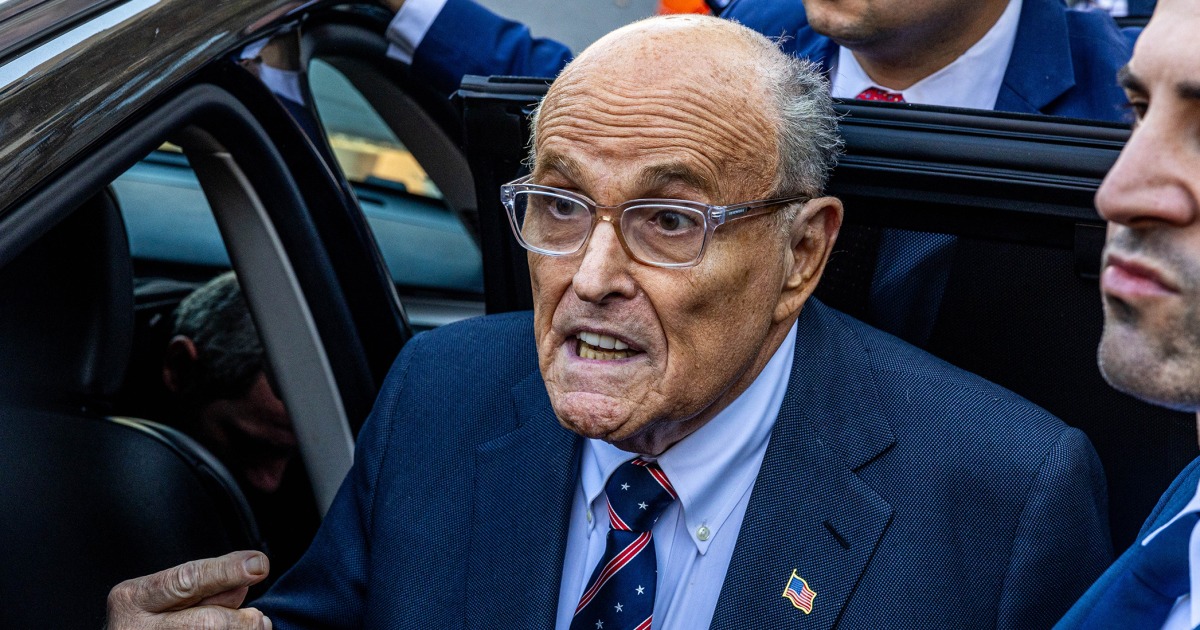
Trump Federal Cases Officially End: Appeals Court Drops Documents Case At Jack Smith’s Request
Posted on 11/26/2024

Topline
The federal prosecutions of Donald Trump officially came to an end Tuesday when a federal appeals court dismissed Trump’s case for allegedly withholding White House documents, after Special Counsel Jack Smith asked on Monday that the felony charges against Trump be dropped—ending the historic saga.
Key Facts
Get Forbes Breaking News Text Alerts: We’re launching text message alerts so you'll always know the biggest stories shaping the day’s headlines. Text “Alerts” to (201) 335-0739 or sign up here.
Crucial Quote
Trump responded to the cases being dropped, saying on Truth Social these cases—and the others he has faced in New York and Georgia—were “empty and lawless, and should never have been brought.” He continued: “It was a political hijacking, and a low point in the History of our Country that such a thing could have happened, and yet, I persevered, against all odds, and WON.”
What To Watch For
Smith’s two cases were dismissed without prejudice, meaning the federal government could try and charge Trump again after he leaves office—though it’s unclear if they will, and if doing so would be allowed under the statute of limitations.
Key Background
Trump was charged by the Justice Department in August 2023 with trying to overturn his 2020 election loss, one of four indictments brought against Trump at the state and federal level—a historic move, marking the first time a former president has faced criminal charges. Trump attempted to have the charges thrown out by arguing he had “presidential immunity,” and the Supreme Court ultimately sided with him, ruling mostly in his favor by saying he could not be charged for any activities that were “official” presidential duties. After the court’s ruling, Smith’s team issued a new, slimmed down indictment against Trump in August for the same four felonies. The second indictment more clearly argued Trump was not acting as president in his efforts to overturn the election, but was acting as a presidential candidate. Separately, Trump was indicted in the federal documents case last June for allegedly withholding national security documents and obstructing justice. Prosecutors alleged Trump intentionally tried to conceal classified documents and prevent them from being returned to the government, leading to 40 federal felony charges. Trump argued he was legally allowed to have the documents because of the Presidential Records Act, though experts said his argument was flawed. Trump has pleaded not guilty to all criminal charges brought against him and described them as a “witch hunt” by President Joe Biden’s DOJ in an attempt to ruin his presidential campaign. In October before he was elected, Trump said if he returned to the White House he would “fire [Smith] within two seconds” and called the prosecutor a “scoundrel” and a “very dishonest man.”
Tangent
Last week, Trump’s criminal sentencing in his New York hush money case was postponed indefinitely. Trump was found guilty on 34 felony counts of falsifying business records and was scheduled to be sentenced on Nov. 26, but Judge Juan Merchan paused the sentencing and asked for briefs on whether the case should be dismissed to be filed by Dec. 9. There’s not yet a clear path forward for when the sentencing could take place, but prosecutors proposed sentencing could be delayed until after Trump leaves office. Meanwhile, Trump’s criminal charges in Georgia for trying to reverse his election loss are on hold amid an appeals court fight over the prosecutor.
Further Reading
ForbesJack Smith Will Resign And Issue Final Report On Trump—Here’s What To Expect From ItForbesTrump Still Faces These Crimes In DOJ Jan. 6 Case—And They All Could Include Prison TimeForbesJack Smith Asks Court To Pause Trump Election Case After Ex-President’s WinForbesJack Smith Asks Court To Pause Appeal Of Trump Classified Documents CaseForbesTrump Sprung: Here’s Why—And When—His Criminal Cases Will Get Dropped Or Delayed
The federal prosecutions of Donald Trump officially came to an end Tuesday when a federal appeals court dismissed Trump’s case for allegedly withholding White House documents, after Special Counsel Jack Smith asked on Monday that the felony charges against Trump be dropped—ending the historic saga.
Key Facts
Get Forbes Breaking News Text Alerts: We’re launching text message alerts so you'll always know the biggest stories shaping the day’s headlines. Text “Alerts” to (201) 335-0739 or sign up here.
Crucial Quote
Trump responded to the cases being dropped, saying on Truth Social these cases—and the others he has faced in New York and Georgia—were “empty and lawless, and should never have been brought.” He continued: “It was a political hijacking, and a low point in the History of our Country that such a thing could have happened, and yet, I persevered, against all odds, and WON.”
What To Watch For
Smith’s two cases were dismissed without prejudice, meaning the federal government could try and charge Trump again after he leaves office—though it’s unclear if they will, and if doing so would be allowed under the statute of limitations.
Key Background
Trump was charged by the Justice Department in August 2023 with trying to overturn his 2020 election loss, one of four indictments brought against Trump at the state and federal level—a historic move, marking the first time a former president has faced criminal charges. Trump attempted to have the charges thrown out by arguing he had “presidential immunity,” and the Supreme Court ultimately sided with him, ruling mostly in his favor by saying he could not be charged for any activities that were “official” presidential duties. After the court’s ruling, Smith’s team issued a new, slimmed down indictment against Trump in August for the same four felonies. The second indictment more clearly argued Trump was not acting as president in his efforts to overturn the election, but was acting as a presidential candidate. Separately, Trump was indicted in the federal documents case last June for allegedly withholding national security documents and obstructing justice. Prosecutors alleged Trump intentionally tried to conceal classified documents and prevent them from being returned to the government, leading to 40 federal felony charges. Trump argued he was legally allowed to have the documents because of the Presidential Records Act, though experts said his argument was flawed. Trump has pleaded not guilty to all criminal charges brought against him and described them as a “witch hunt” by President Joe Biden’s DOJ in an attempt to ruin his presidential campaign. In October before he was elected, Trump said if he returned to the White House he would “fire [Smith] within two seconds” and called the prosecutor a “scoundrel” and a “very dishonest man.”
Tangent
Last week, Trump’s criminal sentencing in his New York hush money case was postponed indefinitely. Trump was found guilty on 34 felony counts of falsifying business records and was scheduled to be sentenced on Nov. 26, but Judge Juan Merchan paused the sentencing and asked for briefs on whether the case should be dismissed to be filed by Dec. 9. There’s not yet a clear path forward for when the sentencing could take place, but prosecutors proposed sentencing could be delayed until after Trump leaves office. Meanwhile, Trump’s criminal charges in Georgia for trying to reverse his election loss are on hold amid an appeals court fight over the prosecutor.
Further Reading
ForbesJack Smith Will Resign And Issue Final Report On Trump—Here’s What To Expect From ItForbesTrump Still Faces These Crimes In DOJ Jan. 6 Case—And They All Could Include Prison TimeForbesJack Smith Asks Court To Pause Trump Election Case After Ex-President’s WinForbesJack Smith Asks Court To Pause Appeal Of Trump Classified Documents CaseForbesTrump Sprung: Here’s Why—And When—His Criminal Cases Will Get Dropped Or Delayed
Comments( 0 )
0 0 1
0 0 3
0 0 5
0 0 4








